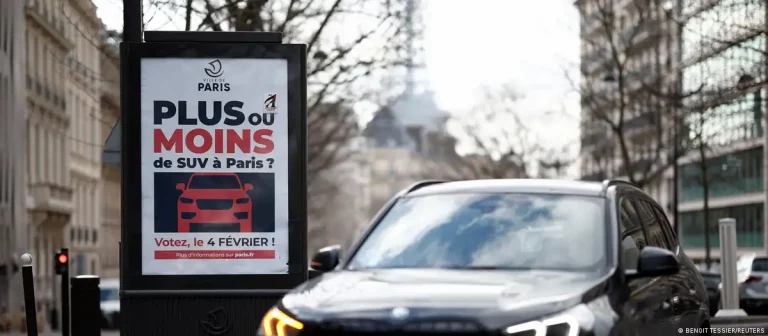
In a context of economic and geopolitical flux and volatility, a more in-depth human-centered design approach is now more necessary than ever, as it helps forward-looking companies to anticipate and be prepared for rapidly changing futures beyond the next six months.
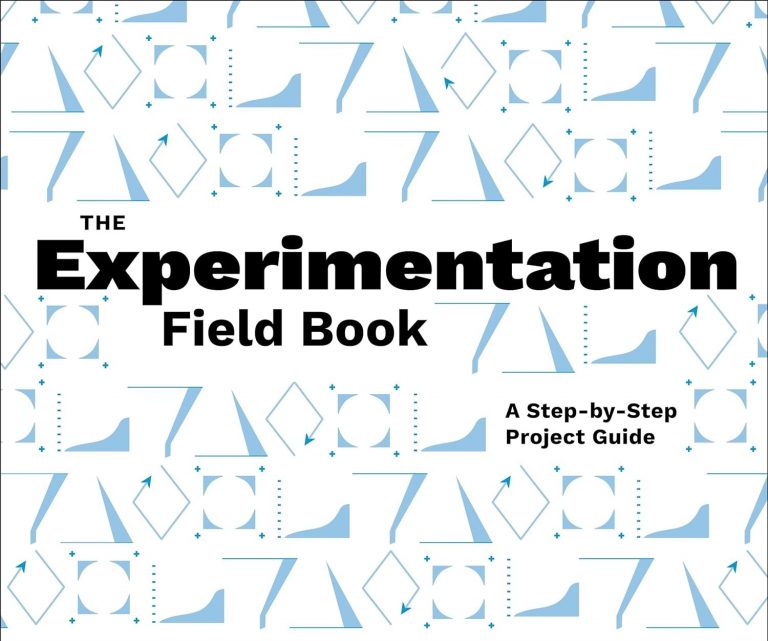
This book is a hands-on manual for crafting and conducting useful experiments in real-life settings. It guides readers from any background or discipline through the fundamentals of identifying testable ideas, selecting an evidence base, prototyping, and testing, building users’ skill sets and channeling their creativity through an interactive, exercise-oriented format.
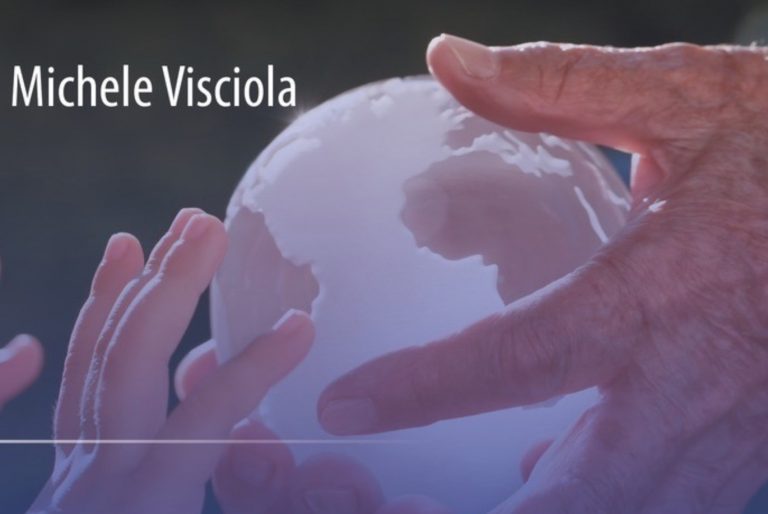
This book by Experientia president Michele Visciola puts forward a new paradigm to understand and implement Sustainable Innovation (SI). Innovation without sustainability leaves out large swathes of the population or generates maladaptive or misappropriate behaviors.
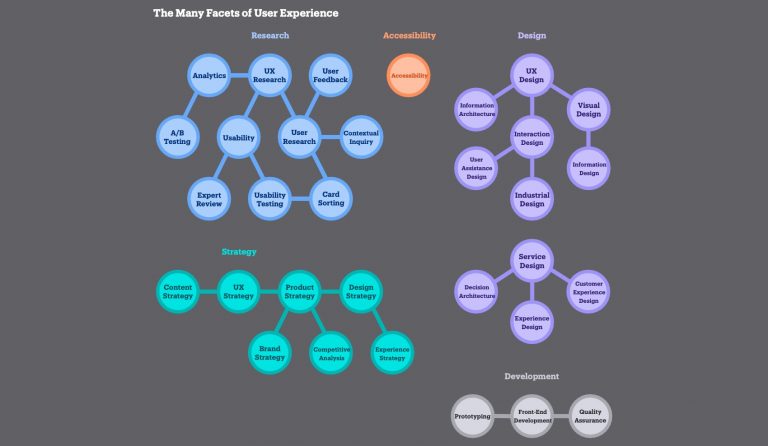
UXMatters devoted two articles to the business value of user experience: one by Irwin Hau (Chromatix, Australia) on why companies reject it, and one by Irfan Rehman (Clickysoft, USA) on the benefits of user experience consulting for businesses.

Two articles in the last few days took on the world of consulting. Rebecca Ackermann in the MIT Technology Review wrote on how the shine of design thinking has worn off, while Henry Mance interviewed Mariana Mazzucato in the Financial Times on her new book The Big Con, where she lambasts business consultancies for having no expertise in the areas that they’re advising in.

Cornelius Rachieru describes the current trend of extreme commoditisation of UX design in corporate environments, and the consequences this has on the quality of the design delivery, and on the designers themselves.
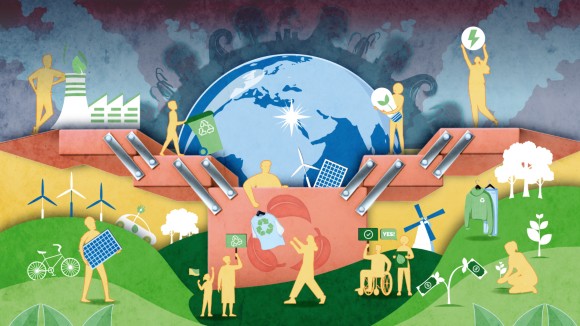
This Focus of Nature Magazine, a collaboration between Nature Human Behaviour and Nature Climate Change, features a broad range of Review and Opinion content on the role of human behaviour in adaption to climate change and mitigation of its negative consequences.
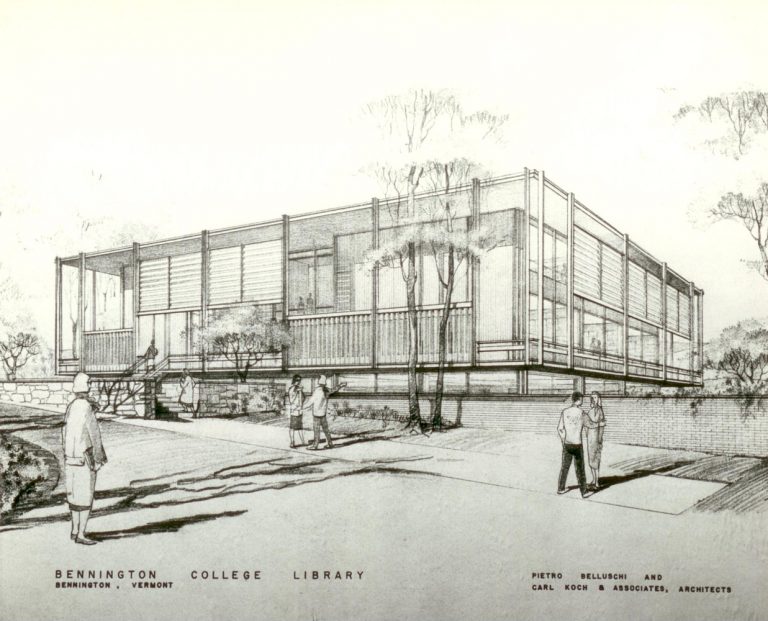
Approaching architectural design with a UX designer’s mindset ensures a more holistic approach to designing the experience of using a building. From the outset, a stronger understanding of the user enables human behavior to dictate the design to a greater degree.
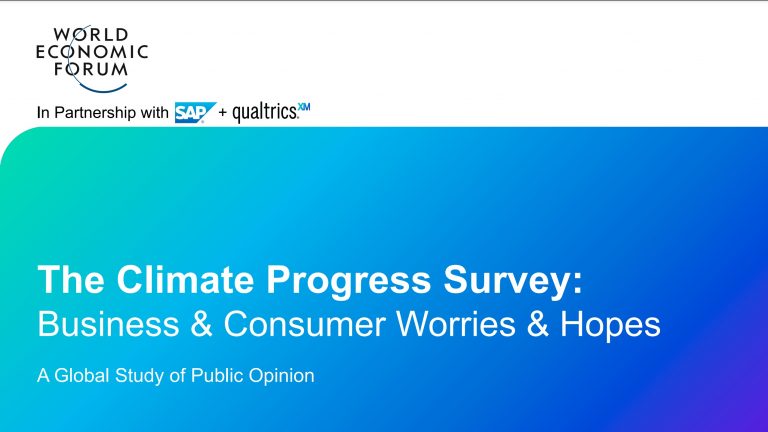
A study by the World Economic Forum, Qualtrics and SAP suggests we are far from reaching a consensus about who is responsible for taking action on climate change and who is trusted to do so
Results suggest 81% of people say businesses are primarily responsible for taking action on climate change, yet only 28% trust businesses’ claims about sustainable practices.
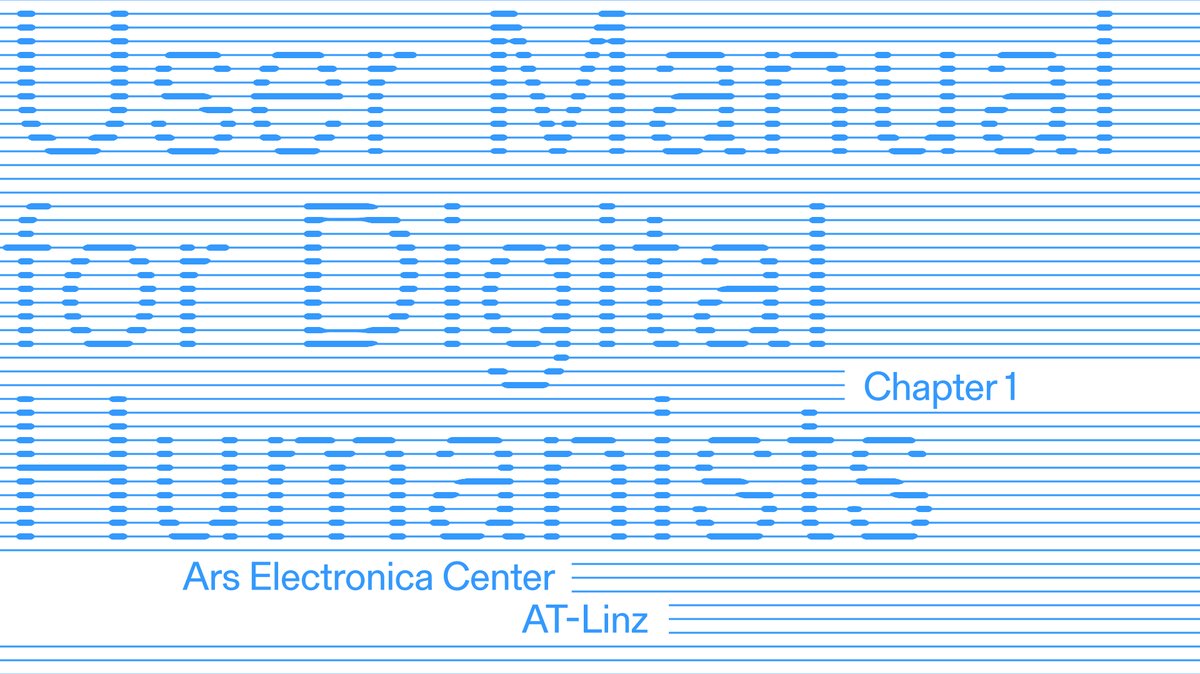
What does it mean on a practical level to become a digital humanist? 'User Manual for Digital Humanists' is a new Ars Electronica video series that focuses on re-evaluating our relationship to the technologies we’ve created and how we use them

7 day online interactive course with vertical, thematic focus on tools and methods of behavioral design for cultural change to tackle societal challenges
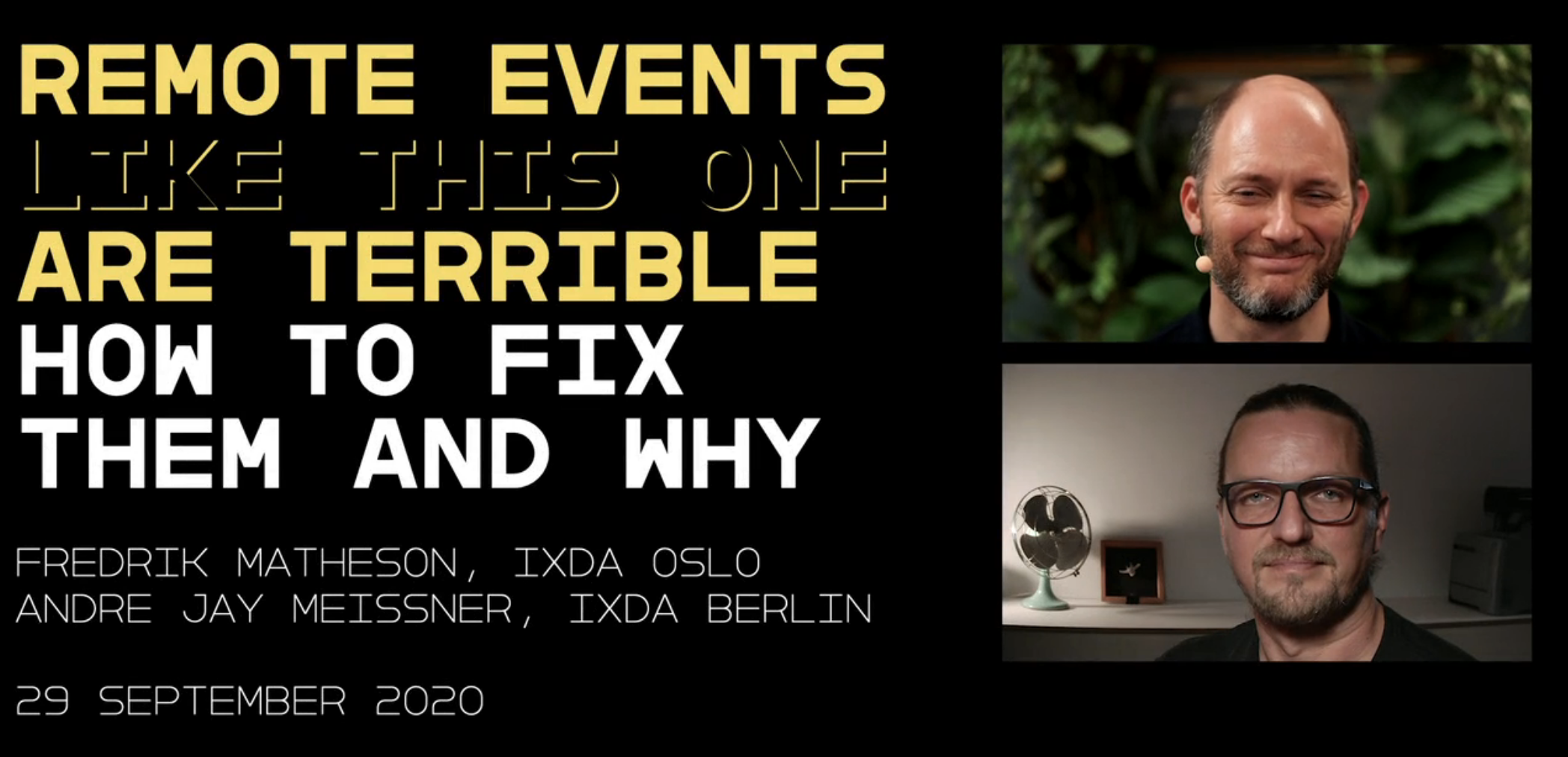
In this talk, Andre Jay Meissner and Fredrik Matheson talk about what we've lost, why existing tech and formats are a poor replacement, and what we can do to change from a navel-gazing event culture into sustainably shaping a new level of conferencing.

In design thinking and related research, there is way too much talk about empathy. It's a fuzzy concept that subjectivizes, flattens and commoditizes the work to understand humans.
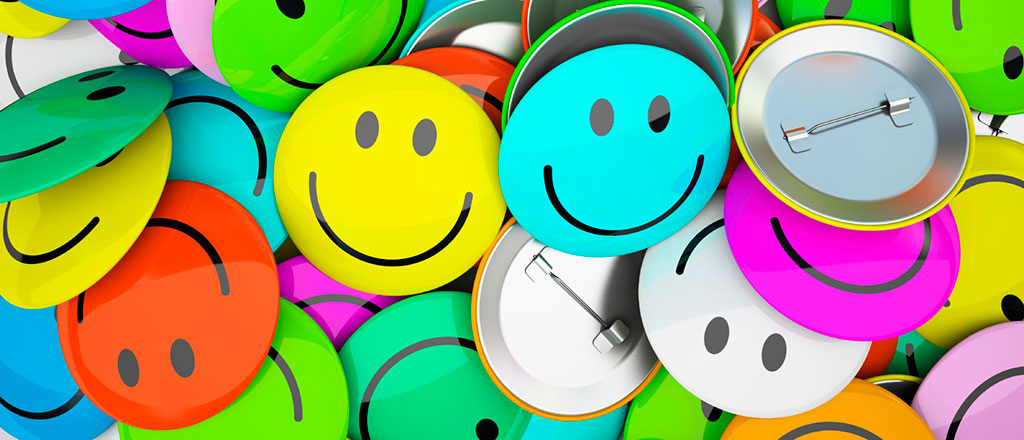
Job No. 1 for CEOs today is ensuring the company delivers a compelling customer experience, notes this opinion piece for Knowledge@Wharton by Mark Leiter.

In this book, leading business anthropologist Simon Roberts breaks down the revolutionary idea of embodied knowledge: the information that is unconsciously picked up by our body for use in almost every area of our lives.

When you think about user experience design it is a term that we instantly associate with apps and websites. And especially when considering a typical job description of a UX designer, it can trick you into thinking that it's a modern concept.
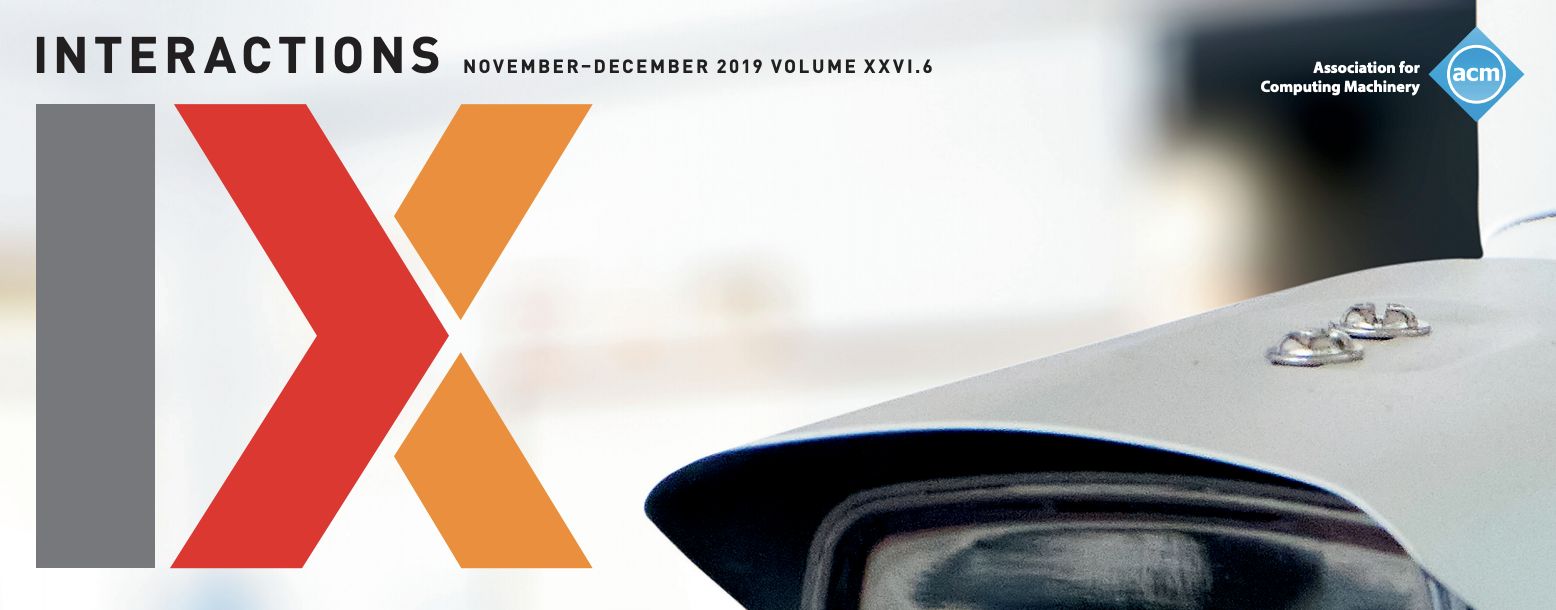
The central charge to HCI is to nurture and sustain human dignity and flourishing. Why are HCI researchers and practitioners now on the wrong side of many of the problematic developments in the contemporary technology landscape?
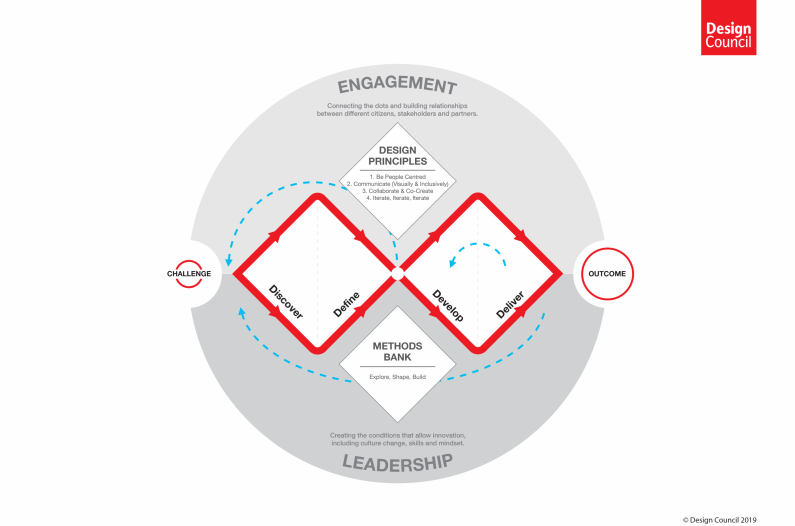
At the heart of the Design Council’s framework for innovation, which helps designers and non-designers across the globe tackle some of the most complex social, economic and environmental problems, is its design methodology, the Double Diamond – a clear, comprehensive…

The user experience of most web-based applications begins well below the interface, all the way down to fields in a database. Examining how systems and users experience time prove this point dramatically. Think about how messy time can be –…
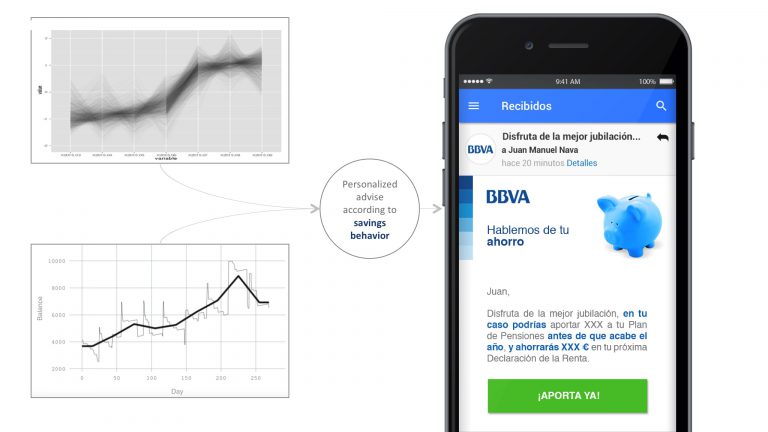
Over the last 6 months, Fabien Girardin has been working in a rather unique position at BBVA Data & Analytics, a center of excellence in financial data analysis. My job is to make the design of user experiences reach a…




















